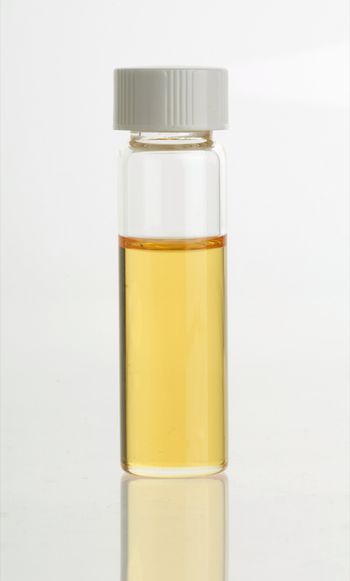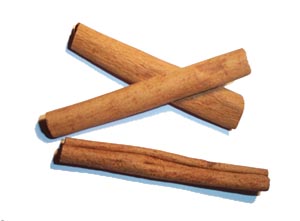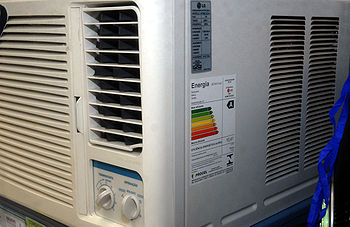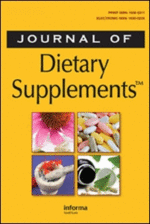1. Plant the Tree Afterwards
Instead of buying a tree that has had its roots cut off, buy a tree with its roots intact. This could be a little trickier if you're buying a tree in a store; but quite easy if you drive directly to the tree farmer. If you can't find a tree with roots, call up some of your local green and eco-friendly non-profits and they'll be able to point you in the right direction.
Getting a tree with roots lets you plant your tree in your garden after Christmas is over. To cover up the roots, just place the tree in a pot and add some dirt on top. After Christmas, just pull out the tree and plant it in your backyard.
2. Choose A Light-Based Christmas Tree
| Christmas Tree (Photo credit: Wikipedia) |
These Christmas trees are a fantastic way to save trees while still having a tree that looks stellar. Better yet, you don't have to throw them out every year. Just put them in storage and pull it out again next year.
3. Make Your Own Light Tree
If you're feeling crafty and looking for a fun project you can do with your family this holiday season, create your own light tree. It's pretty simple.
Start with a projector, a spotlight or some other source of bright directional light. Then take a piece of paper and cut out the shape of a Christmas tree. Take transparent colored paper and tape it in different ways across the paper.
When you shine the light through the paper, it'll now look like a Christmas tree on your wall. The colored paper will create a rainbow color effect on the tree. This is an eco-friendly, affordable and fun way to create your own tree.
4. Get A Plastic Christmas Tree
Finally, you can buy plastic Christmas trees. These trees are often treated as disposable, though you can easily put them in storage and use them again and again. While plastic trees can be a good way to save a tree, they still require a chemical process to create and use petrochemicals. They also don't look as good, so only use this option as a last resort.
These are some of the many different alternative Christmas trees you can choose from. There are a lot of options other than just a traditional Christmas tree.
















